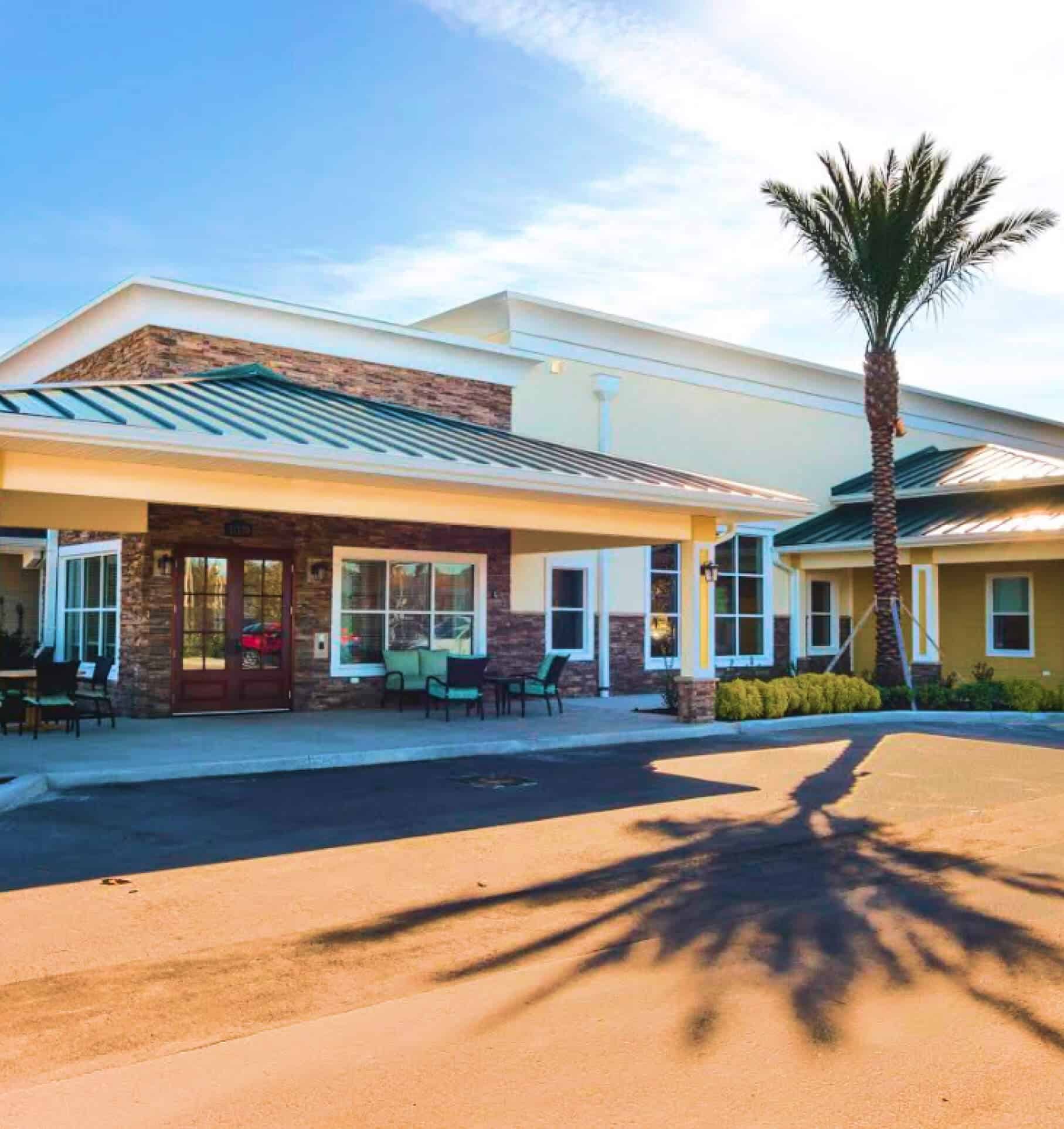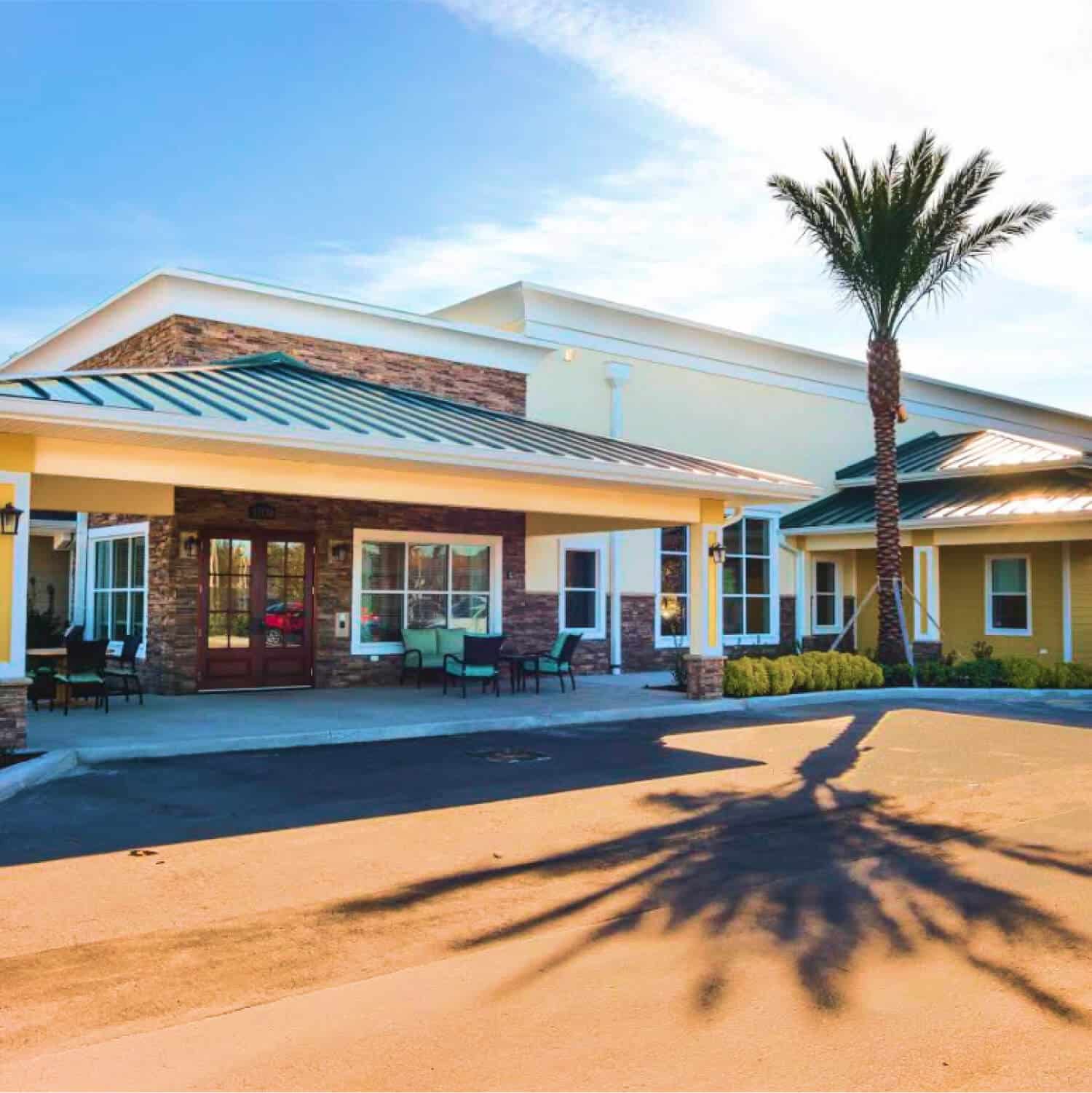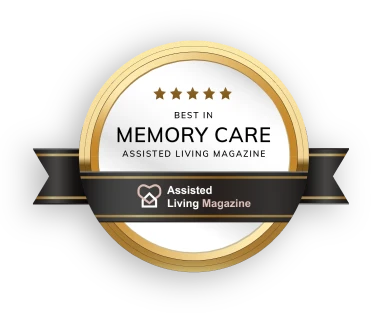It may surprise you to know one in seven Americans over 70 have some form of dementia, according to a national study conducted by the University of Michigan Institute for Social Research and Duke University Medical Center.
The population-based research found that about 3.4 million people, or 13.9 percent of the population age 71 and older, are dealing with the condition at some level. Another conclusion they came to was Alzheimer’s disease accounted for most of the cases of dementia, approximately 69.9 percent, while vascular dementia, often caused by stroke, accounted for 17.4 percent of total cases.
Some studies indicate the number spikes to 49 percent for those over 85 with Alzheimer’s. Thus memory care services will be a growing need as the population ages.
Though most families hope their aging relatives can live out their days in the comfort and familiar surroundings of their own home, these conditions often make independent living, or even living with a loved one, unsustainable.
The type of training necessary to provide care, along with the environmental conditions that bring the best outcomes, require a very specialized situation. What is more, the decision usually rests on an adult son or daughter, aged between 45-65 years, to find the best environment and care for their parent or loved one whose condition is beyond their ability to manage.
Few understand the challenges families face and the kind of support they need like Glen Pawlowski, CEO of CERTUS Senior Living. He has spent over 25 years in the field and, along with the other principles at CERTUS, has successfully managed over 1,500 units across 10 communities in three states.
They have witnessed the evolution of the senior care industry and are investing their experience in designing and operating the most thoughtful and effective facilities and programs for families dealing with a memory care challenge.
FIRST IMPRESSIONS, LASTING EXPERIENCES
Pawlowski started his career in the telecommunications industry and became involved in an opportunity to develop and manage senior housing in the early nineties. After working with Merrill Gardens, a family business that has been in the timber industry for generations and has diversified into senior housing, Pawlowski founded CERTUS in 1999.
Eventually, the CERTUS portfolio, which had dramatically expanded, was acquired in 2007 by a larger company. It was an opportune sale, as a few months later the liquidity to continue expanding completely dried up due to the Great Recession.
However, the lessons they had learned over their 20-plus-year run could not stay dormant forever. Pawlowski developed a well refined formula of population density and unmet need to identify key locations for their new venture, CERTUS Senior Living.
For Pawlowski, however, it was not the quantitative issues that were his focus, but rather the qualitative ones. He sought locations that were visible to the community, which also provided accessibility to family members who are integral to their care and support strategy.
“From the moment a family drives on our property, it has to reinforce this very difficult, often guilt-encumbered decision. The environment, the design, the experience of the staff, not only in caring for the residents, but in educating and interacting with the family members, all play a key role in their choice and in successful outcomes,” Pawlowski shared. Adding, “We can literally watch the guilt and anxiety begin to evaporate as family members see and understand what we are able to provide. They often say, ‘I know Mom will do well here.’”
THE MEMORY CARE SPECIALISTS
In the last 30 years, the senior living industry has come light years. The strategy of blending quality care with an exceptional hospitality experience was the combination that guided CERTUS’ and other organization’s success. CERTUS, however, decided to focus its expertise on the growing issue of memory care.
“Many facilities are based on a progressive care or aging- in-place model, which certainly has attractive elements. Dealing effectively with memory care, however, requires a very focused type of staff and training, along with a specific community design, that combines elements that make it home-like and yet totally secure. We spent a lot of time and thought in creating a community that had the feel of a small town and areas that were like someone’s own living room for these residents, who, because of their condition, have to be in a secured environment.”
The design is quite unique, where all residents have their own rooms, and include private bathrooms and showers. The dining area is divided so residents are with approximately 15 others to engender familiarity. Uniquely, along with enclosed courtyards, there is a small town center with storefronts and shops.
Pawlowski credits the good fortune of finding Certified General Contractors (CGC) and the architectural firm of Bessolo Design Group as one of the keys to ensuring each of the CERTUS campuses have that combination of a warm comfortable feel, along with all the elements necessary to live up to their slogan, The ability to innovate and the experience to care.
“We met CGC and Adam Broadway through a mutual business associate and couldn’t be more pleased with the way they understand and deliver our concepts,” he said.
For those adult children who are making the difficult decisions for their loved ones, CERTUS makes an attractive choice. To learn more about this unique community, visit its website, www.infocertusseniorliving.com








